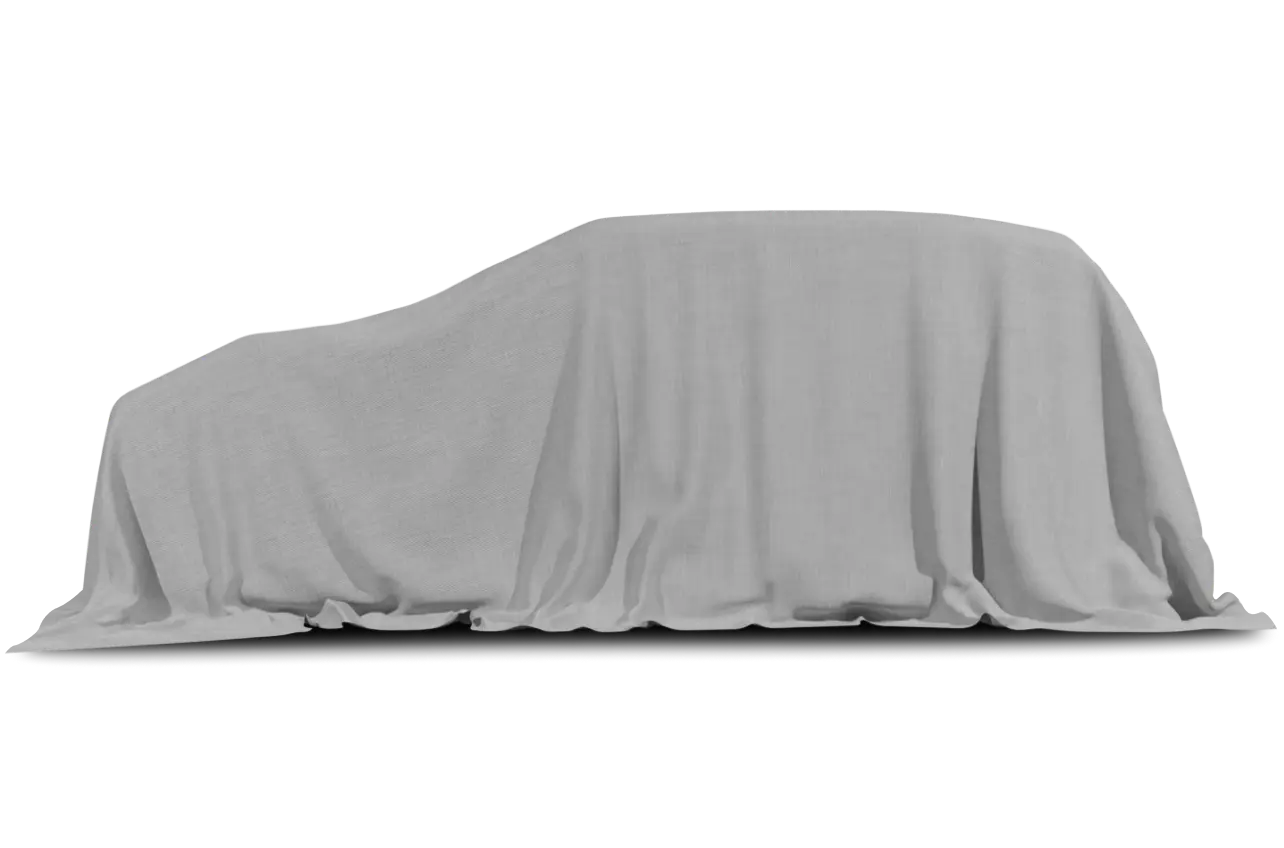
One would never expect to need a four-wheel drive vehicle unless snow is flying. But, this case tested that theory.
I needed to travel to Philly to attend to some family business when the heavens opened. Rumbling thunder, blinding lightning and a torrential downpour made the going tricky. Ponding on the roadway made travel treacherous.
So, I threw the Jeep Wrangler into four-wheel-drive and watched the miles go by.
This tough little buggy outlived a few wars, in addition to a few car companies that weren’t as rugged as the Wrangler (American Bantam, Willys, Kaiser-Frazer and AMC). So, I knew it would get through the storm.
This bouncy little buggy is still the top-seller in its class, outselling many newer rivals. It’s easy to see why. While many trucks try for comfort, civility and class, this truck doesn’t. It’s basic and proud of it.
Available in SE, Sport and Sahara trim levels, this little 4×4 comes with a 120-horsepower 2.5-liter OHV 4-cylinder engine standard, hitched to a part-time four-wheel-drive system. Optional is a 180-horsepower 4-liter OHV 6-cylinder engine. A three-speed automatic is optional.
Needless to say, the 6-cylinder is the way to go. It furnishes the power needed to haul around 3,267 pounds of Jeep. It also helps when you opt for the ancient three-speed automatic.
Jeeps are about basic, rugged transportation, so sound insulation is non-existent. That means the agricultural grunts of the engine make it through with roaring clarity to the passenger compartment. So does road, wind and tire noise. So does the standard soft top, whose zip up side windows rattle annoyingly all the time. Maybe this is why so few Jeeps have their side curtains in place.
Jeep uses live axles front and rear, so the ride is lively. You’ll feel bumps in the road you never knew existed. The flip side is superb agility off-road, or even on-road, when conditions approach those off-road.
But the noise and the ride make this a vehicle for truly rugged souls.
The Wrangler’s tidy 93.4-inch wheelbase gives it terrific maneuverability, something that can’t be said of most 4x4s. It also calls for care in cornering, although the Wrangler never felt tippy, despite 8.5 inches of ground clearance. But the soggy steering never imparted a feeling of confidence.
Braking was good, thanks to anti-lock brakes, standard with 4-liter engine. They stopped the vehicle quickly, but accompanied by some nose-dive.
With only 153 inches of overall length, you wouldn’t expect a lot of room inside, but it’s more than sufficient for four people. The driving position has chair height seating, although lower back support was minimal. The rear seat is the perfect spot for two kids. They love this type of vehicle and won’t mind the body contortions necessary to get back there.
If you do carry four people, there will be only 11 cubic feet of cargo space, most of it vertical. So leave the steamer trunk at home.
The Wrangler comes with a soft top that takes quite a while to remove or replace. If you’re planning to do either, it’ll take a while. A hard top with roll-up windows and tinted glass is optional on all models. A dual-top package with both hard and soft tops is also optional.
It’s a tall step up into the Wrangler’s interior, but once there, the demeanor is as basic as its chiseled exterior. Doors swing open, retained only by fabric straps. Screw heads are visible everywhere, as well as an assortment of clamps and arms that hold the top in place. A pair of radio speakers are located in the roll bar in the middle of the passenger compartment. The only power-assisted items are steering and brakes. Everything else is manual. To most new sport-ute buyers, this is roughing it, especially if you commute on toll roads and have to constantly zip and unzip the windows.
The instrument cluster is easy to read and is complete with oil and voltage readouts. The AM/FM/ CD player sits atop th e center of t he dash where it’s easy to reach.
Remarkably, for all the body motions in this vehicle, the CD player never skips. Yet, with the inexpensive nature of the interior, it would be nice if Jeep could spend more money on the speakers, whose tinny sound is remarkably poor.
Just as bad is the radio, whose pulling power is non-existent and which has interference from electrical lines in places where almost any other audio system is clear. This really needs work, especially considering the young age of the Jeep’s enthusiastic audience.
Of course, with all the noise in the interior, you may not notice the radio at all.
Dual airbags are standard; a kidney belt is not.
But even with all the advances in automotive technology, some things remain constant. The basic, rugged nature of the Jeep Wrangler persists, outselling a host of imitators. For this iconic little truck is the real thing. Nothing can stop it — not the death of car companies, world wars or even Consumer Reports (who rates it last among small utes).
The original is still the greatest.
>> 1999 Jeep Wrangler Sahara 4WD
Vehicle type: Small 4WD Sport utility
Engines: 2.5-liter OHV V-4, 4-liter OHV V6
Transmission: 5-speed manual or 3-speed automatic
Wheelbase: 93.4 inches
Length: 153 inches
Cargo volume: 11.1 cubic feet
Tires: P225/75R15 OWL A/T
Base price, base model: $14,345
Base price, test model: $20,135
As tested: $23,710
EPA rating: 15 mpg city, 18 mpg highway
Test mileage: 15 mpg
Fuel type: Regular >>













